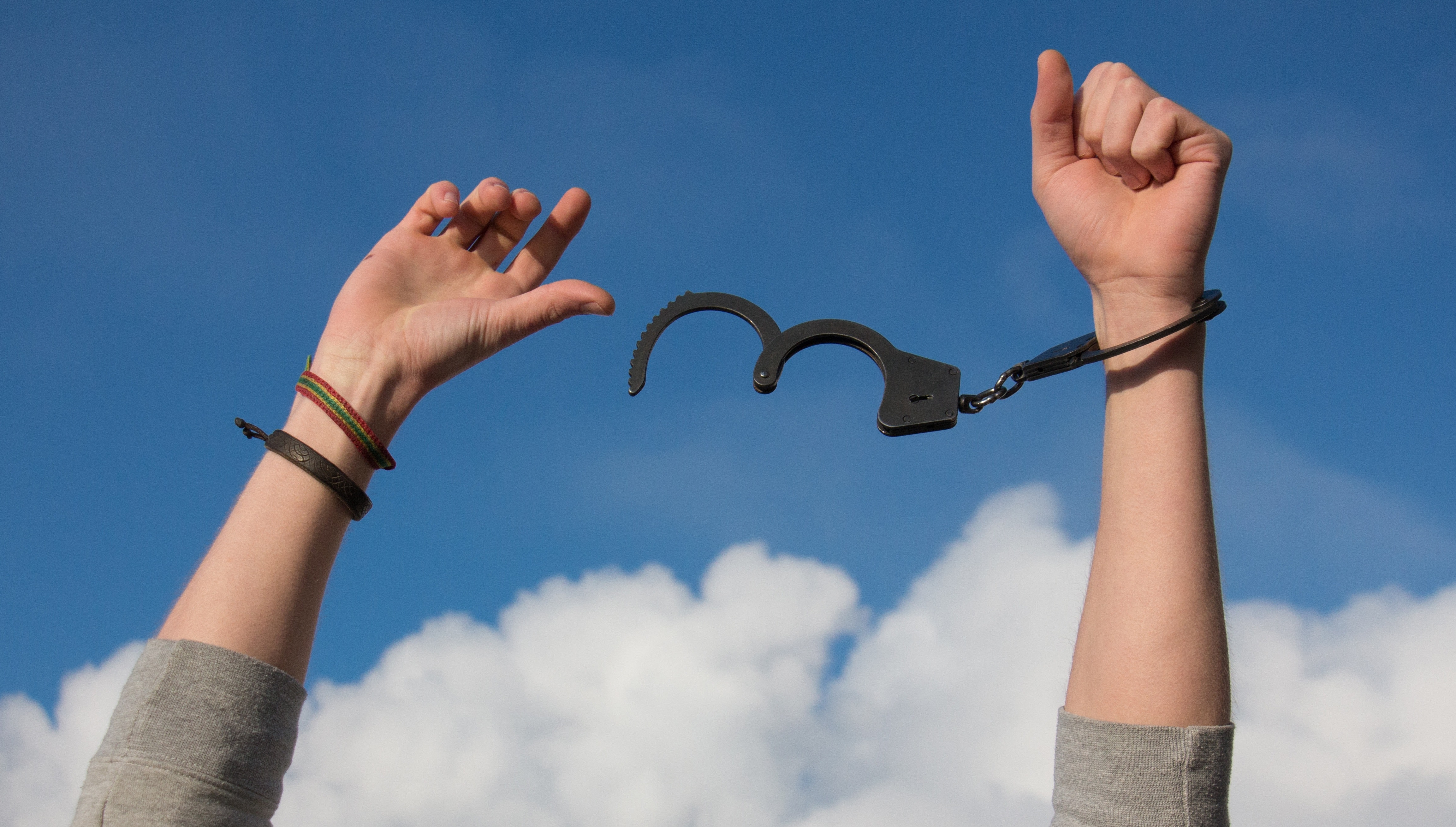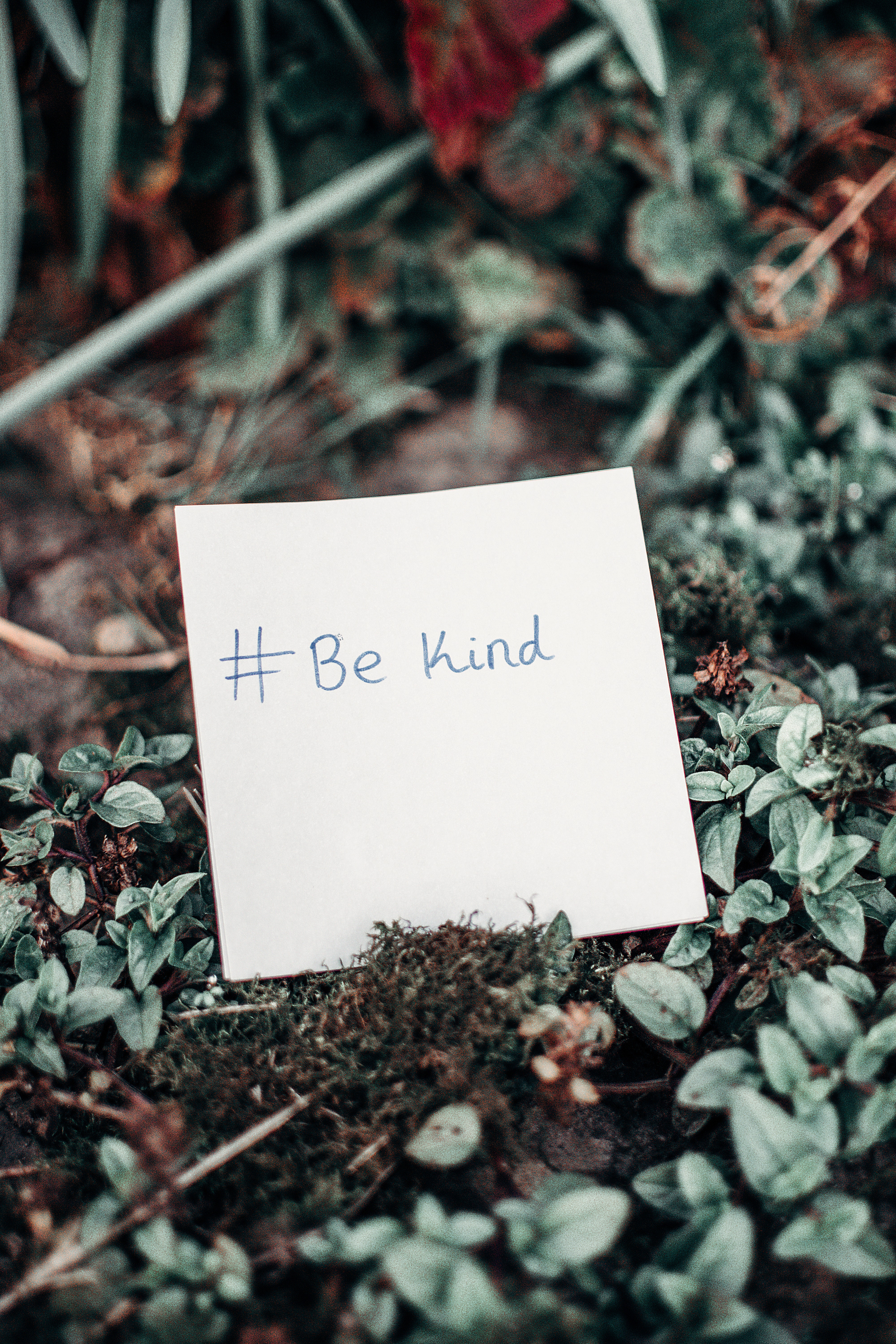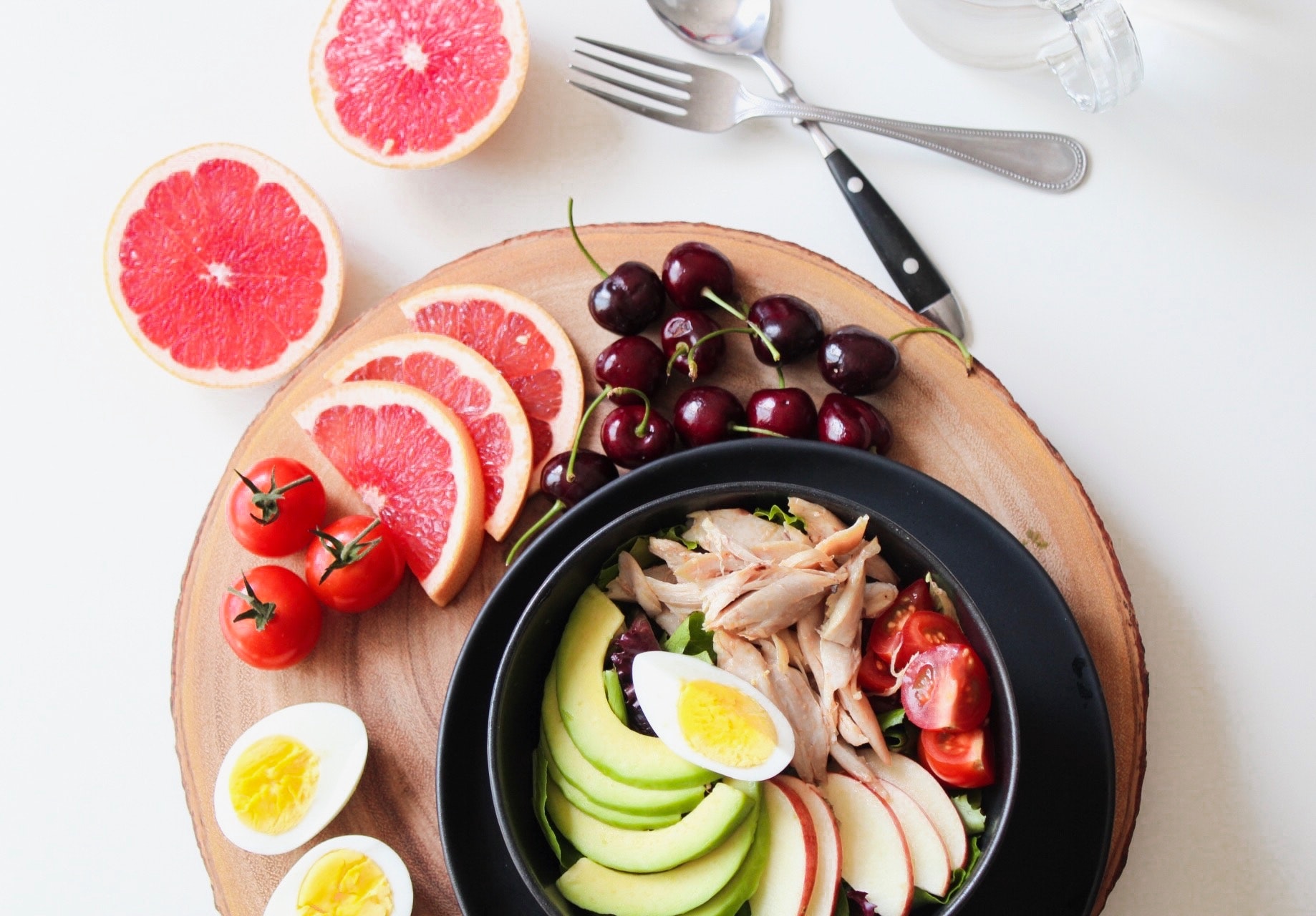
Panicked thoughts are running through your mind and you haven’t slept well in days. You’re worried about losing your job and you fear for the health of your loved ones. You’re becoming jittery and any nearby cough or sneeze makes you think “I hope it’s not COVID-19”.
Your eyes drift to your child playing in the corner and you’re hoping they don’t sense your anxiety.
The COVID-19 pandemic has turned our worlds upside down and left many of us anxious and troubled by an uncertain future.
If you’re struggling to control your anxiety, try these strategies to help lift your mood and lower your stress levels.
To yourself:

Be Kind
We can usually remember to be kind to others but we mostly forget about being kind to ourselves. Every one of us is going through a lot of changes and it is only normal that we feel unsettled.
In an article in Lust for life, Fiona Brennan, a clinical hypnotherapist, advises us to keep a photo of ourselves as children to remind ourselves to treat ourselves kindly. “Always choose to speak to yourself with compassion and understanding, as you would speak to a child that needed your help”, Dr. Fiona writes.
Remember, you too need that pat on the back.
Stay positive
Focus on the positive and look for that silver lining. Many people have found lockdowns as an opportunity to slow down and spend more time with family that they wouldn’t have spent otherwise.
Others have used it as a chance to sit back and reorganize their priorities in life. Others are working on their skills and looking for a new career path.
Being grateful will help you focus on your blessings instead of your losses. Research has found that gratitude can boost mental well-being.
In a 2018 study in the journal of psychotherapy research, researchers studied the effect of gratitude journaling as an adjunct to psychotherapy.
The researchers found that participants who practiced gratitude journaling along with psychotherapy reported better mental health than the control group and the stress journaling group.
If you are going through a rough time remember that anything that doesn’t break you only makes you stronger. Try to make a habit of listing 5 blessings you are grateful for each day.
Set a daily routine
When you’re anxious you have a difficult time focusing on your work and being productive. Your mind goes in circles about all the things you have to do feeding your anxiety and raising your stress levels.
Planning your day will save you tons of time down the road and it will keep you focused on the task at hand. When you are busy working, you are less likely to fall into the trap of anxious thoughts.
I’ve been planning my day for a while now and it has certainly worked for me. The days I was most productive and least anxious were the ones I planned out and didn’t leave myself to the whim of the moment.
Try keeping a journal
Do you feel better after talking to your friend about your bad day? If so, journaling can help you process your feelings by writing down your thoughts. All you need is a pen or paper and set your thoughts free to reduce your stress.
In a study published in ‘Anxiety Stress Coping’ in 2014, researchers wrote that “ participants high in expressiveness evidenced a significant reduction in anxiety at three-month follow-up and participants low in expressiveness showed a significant increase in anxiety”.
Just remember, journaling is best for people who are used to expressing their thoughts to decrease their stress. It may not work for other people and may even cause them more stress.
Try meditation and yoga
Meditation means “to engage in mental exercise (such as concentration on one’s breathing or repetition of a mantra) for the purpose of reaching a heightened level of spiritual awareness focusing.”
Meditation can be done alone or as a part of yoga which combines meditation in addition to specific postures and breathing exercises.
Research shows that meditation and yoga can have a positive effect on your mental well-being. A 2016 study compared the effects of vacation and meditation versus relaxation on well-being.
The researchers found that in the long term, the group that did meditation regularly in addition to meditation at the retreat showed improved well-being as opposed to the other groups who only had a short term benefit.
Give meditation a chance and after checking with your doctor, you can try yoga to help lower your stress levels and improve your fitness too.
To your body:

Eat well
Eating a healthy balanced diet with various nutrients from all food groups keeps our body well nourished.
In the Brain Food blog for Medscape Psychiatry, Dr. Drew Ramsey, assistant clinical professor of psychiatry at Columbia University, writes “increasing the nutrient density of diets, focusing on leafy greens, rainbow vegetables, and more seafood and eliminating the highly processed, sugary foods, would be beneficial. In some patients, food can certainly contribute to anxiety, as the data tells us.”
Some foods have added benefits as they’re rich in antioxidants like berries, spinach, and oranges. And don’t forget to stay well hydrated by drinking plenty of water each day.
Sleep well
If you’ve been ignoring all the advice about how to get a good night’s sleep, now is the time to try it. Follow best practices for sleep by sleeping at regular times, turning off all lights, keeping your room cool, avoiding work in your bedroom and closing your phone before bed.
Follow these tips from the Anxiety and Depression Association of America.
Exercise
I know what you’re thinking; many of us simply don’t have the luxury of going outdoors but, with a little motivation, we can reap the benefits of exercise from the comfort of our homes.
In a study published in Psychiatry Research in 2019, researchers analyzed results from 6 randomized controlled trials involving 262 adults and found that “exercise significantly decreased anxiety symptoms more than control conditions”.
The internet is filled with exercise routines for all ages but if you are new to exercise you can start simple with walking. Walking in your living room can be a lifesaver if you can’t go outside. Try this video by Leslie Sansone.
To the world:

Avoid anxiety triggers
The news can be overwhelming, so can social media. Instead of leaving yourself at the mercy of what is trending, try to avoid stressors. Limit screen-time; you can only handle so much negative news.
Instead, try to lighten up your mood by following positive news like Positivenews.com or the Good news network, and don’t forget, a little humor goes a long way.
Give and receive
Acts of kindness can be the most fulfilling thing you can do to elevate your mood. Call a friend, offer your elderly neighbor to pick up their groceries, or even just keep on a smile. Smiles are contagious and help us feel better.
Research shows that volunteering can have positive effects on depression, life satisfaction and wellbeing.
Try volunteering from home. Dedicated websites like the United Nation’s online volunteering website and Volunteermatch.org offer you a variety of options for remote volunteering.
Get a pet
Pets can be valuable companions and they can help reduce stress, anxiety, and depression. If you’re feeling lonely, consider getting a new furry friend.
Some studies found a relationship between having a pet and lower stress levels and even blood pressure.
A study published in Anxiety Frontiers in 2012 theorizes that the benefits of having a pet are mainly caused by the release of ‘oxytocin’, sometimes called the ‘love’ hormone which gives you that warm fuzzy feeling when you see or interact with your pet.
Get your hands dirty
What do baking, gardening, knitting and painting all have in common? They are all practices that can help with stress relief and give you a sense of fulfillment and enjoyment that comes with creating.
A 2017 study published in the Journal of Positive Psychology analyzed the diary entries of 658 adults and found that participants felt more enthusiasm on days they were more creative than normal. The study suggests that everyday creative activity leads to increased well-being in young adults.
To sum up
To stay healthy, we need to take care of our bodies, souls and the relationship with our surroundings; doing so will help us thrive during this pandemic. If you find that following any of these tips causes you more anxiety, do not force them. You know yourself best. Always reach out for professional help if you feel your anxiety is interfering with your everyday life.

